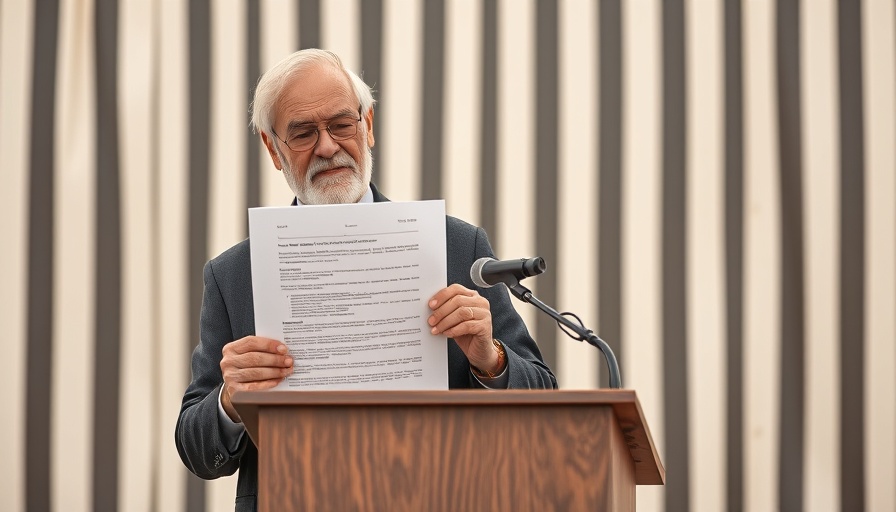
Mortgage Rates Get a Breather as Tariff Pressure Eases
In a surprising turn of events, the Trump administration has paused the implementation of country-specific "reciprocal tariffs" that had previously sent stocks spiraling and interest rates sky-high. This crucial decision was announced just after the market opened this Wednesday, offering a glimmer of hope to homebuyers and real estate professionals who had been bracing for escalating mortgage costs.
Impact of Tariff Shifts on Real Estate
The tapering of these tariffs comes as a relief for many in the real estate sector. Following last week's spike in rates—as investors reacted to fears of a prolonged economic downturn—mortgage applications surged to their highest levels since September 2024. According to the Mortgage Bankers Association, purchase loan applications have risen by a striking 24 percent year-over-year, with refinance requests skyrocketing by an incredible 93 percent. This showcases the immediate impact of financial market stability on consumer confidence and behavior.
Current State of Interest Rates
With the recent announcement, markets began to stabilize. The yield on 10-year Treasury notes, which had soared to 4.47 percent, dropped significantly in response to Trump's announcement. This fluctuation symbolizes a larger trend: when volatility strikes, consumers often flock towards more stable investment options, such as government bonds, driving mortgage rates down momentarily.
Reactions from Economists and Investors
Economists had voiced concerns about the potential for a recession closely tied to trade disputes and tariff strategies. As KPMG Chief Economist Diane Swonk indicated, with an effective tariff rate now projected to reach an astounding 30.5 percent, the strain on both domestic and foreign markets could have long-lasting effects. However, the willingness of over 75 countries to negotiate solutions offers a path forward and alleviates some immediate pressure on economic forecasts.
Conclusion: Navigating a Shifting Landscape
While uncertainty lingers, the decision to pause tariffs could stabilize a market that is sensitive to external pressures. The question now is how long this tranquility will last and how it will ultimately affect the real estate landscape moving forward. For real estate professionals, staying informed and adaptable will be paramount in navigating this evolving economic environment.
 Add Row
Add Row  Add
Add 




Write A Comment